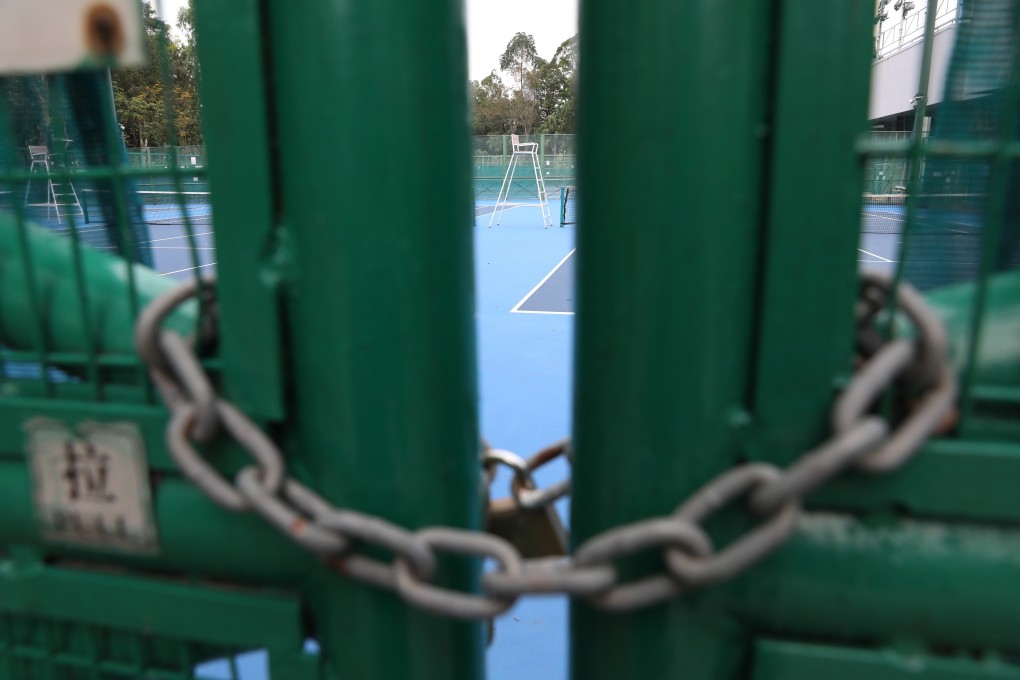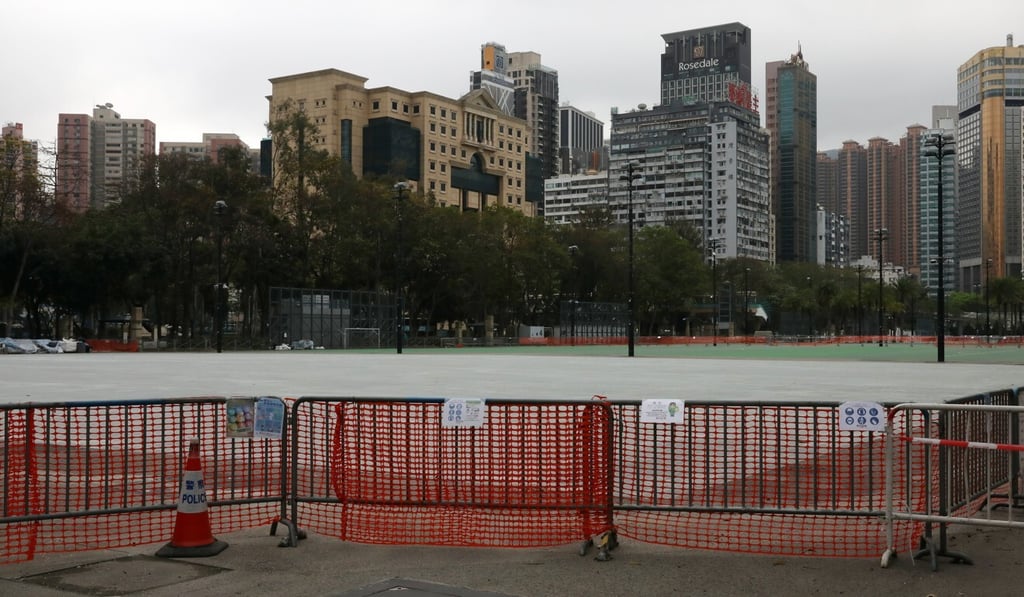Opinion | Don’t close sports facilities every time Covid-19 cases spike – help coaches survive by learning to live with the coronavirus
- Coaches are to receive a one-off HK$5,000 relief grant as another round of Anti-epidemic Fund financing is rolled out
- The amount is reduced from HK$7,500 as subsidies to other affected sports sectors also decrease

Hong Kong’s financially battered sports coaches will receive another one-off relief subsidy to the tune of HK$5,000, thanks to the government securing a third round of financing for the Anti-epidemic Fund (AEF) from the Legislative Council.
The amount is hardly enough for anyone to live on, even during the best of times, more so since the Covid-19 outbreak at the start of the year. Some may say the HK$5,000 is a bonus, given the HK$7,500 subsidy that was handed out by the government in July under the second round of the AEF programme.
However, HK$12,500 over nine months – less than HK$1,500 a month – is still way below the poverty line of HK$4,000 for one person a month, up to HK$21,000 for a four-person household. Many sports coaches are the breadwinners for their families, most of them earning an average of more than HK$20,000 a month before the pandemic.

Kenneth Fok Kai-kong, vice-president of the Hong Kong Olympic Committee, said he was disappointed by the drop in subsidy for the coaches. He said the government should provide more resources to support coach development to better adapt to the “new norm” with Covid-19 not expected to disappear any time soon.
Fok and his Sports Alliance support group came out in April to appeal for financial aid forcoaches suffering from financial difficulties because of the closure of facilities when lockdown measures were in force.
